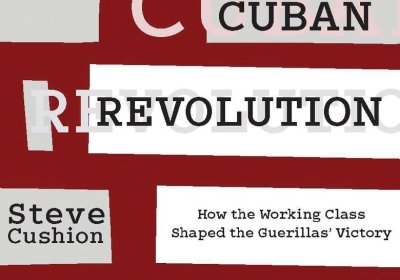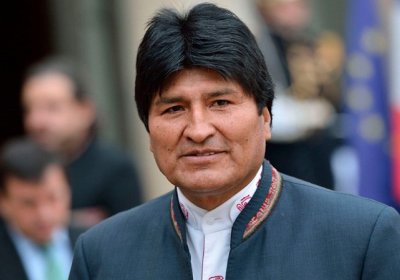Some 150 people gathered at Carriageworks in Redfern on July 17 to launch an exhibition marking the centenary of one of the largest industrial confrontations in Australia’s history.
1917: The Great Strike is a commemorative exhibition featuring archival images, moving footage, oral history excerpts and commissioned artworks depicting this landmark struggle. It is a joint effort by Carriageworks and the City of Sydney, in partnership with the National Film and Sound Archive of Australia (NFSA) and will run until August 27.










